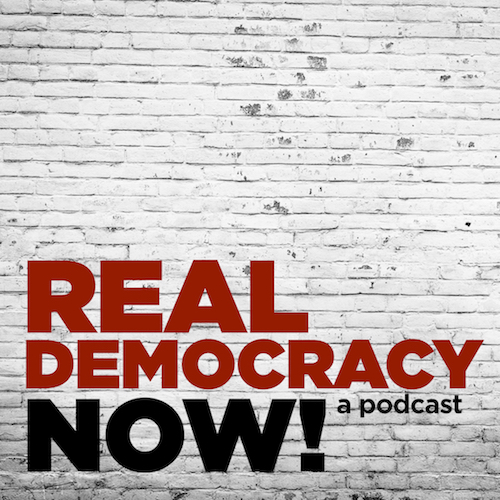Professor Janette Hartz-Karp is a Professor in the Sustainability Policy Unit at Curtin University in Western Australia. As well as undertaking research in the area of democratic innovations Janette has lead numerous large innovative deliberative processes as community engagement consultant to the then Western Australian Minister for Planning and Infrastructure, Allanah McTernan, and more recently with the City of Geraldton.
Janette explains how she approaches the design of deliberative mini-publics focusing on three key elements: influence, deliberation, and representativeness.
Then she describes a number of processes she has designed and delivered including
- Dialogue in the City, a large process involving 1,100 people both randomly selected citizens and stakeholders, looking at future planning for Perth
- a Citizens’ Jury involving residents from two communities agreeing on the location of freeway exit after eight years of argument and disagreement
- an Enquiry by Design process to develop a Statutory Plan for Geraldton involving 300 people working with a multi-disciplinary design team responding to the participants’ input
- two participatory budgeting processes using citizens’ juries to make recommendations on 100% of 10 year Capital Works budget and 100% of the Operational budget of Geraldton Council.
